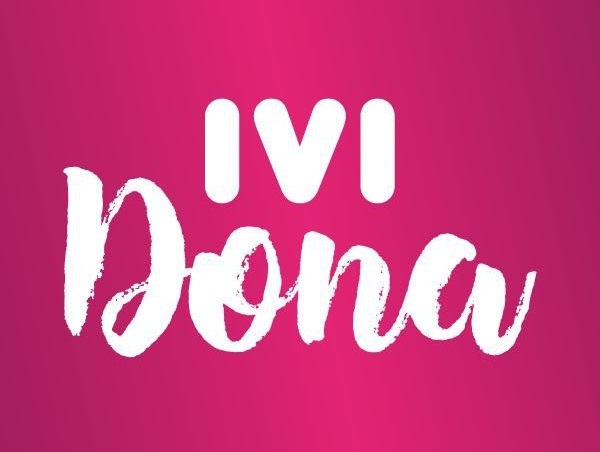Many women dream of becoming mothers. However, when the moment comes and you wish to fulfil this natural desire, this vital necessity, sometimes the nature fails you. It leads to great frustration and creates a void that may sometimes affect your self-esteem, marriage or romantic relationships and even your sex life.
Nowadays, the medical advances enable practically any woman to achieve the Motherhood Dream, in spite of there being many causes of infertility. Fertilisation with donor eggs is the most advanced method that women over the age of 40 resort to, once all the other options of having a baby have failed. For this reason, it is necessary for younger women to feel encouraged to donate eggs.
Table of contents
What is egg donation?
We are aware of the importance of helping others by donating blood, organs and now even our oocytes (eggs). To do the latter, the donor must fulfil the following requirements:
- To be a young woman (under 35 years old)
- To be healthy
- To be deemed eligible after having undergone a series of medical tests.
The donation is an anonymous, free and altruistic act. The donor will never know the identity of the recipient of her eggs, and neither the mother nor the future child will know the identity of the donor.
Before egg donation, the donor must undergo a thorough medical and psychological examination. If she turns out to be a suitable candidate for gamete donation, the ovarian cycles of the donor and the recipient must synchronise, because the oocytes cannot be frozen.
The procedure is painless for the donor. Additionally, she is compensated financially for the days off she had to take from work and the inconveniences related to commuting to the clinic, undergoing the tests and following donation rules.
Myths and doubts surrounding egg donation
The technique has been used since the 1980s, but it still raises many doubts. Let us clarify that donating eggs does not mean that the donor will not be able to get pregnant in the future. The donation will not have any negative consequences on the donor’s health. There are women who think that if they donate their eggs, they will not have any left once they decide to have children themselves.
However, let us explain that all women are born with a given number of eggs, which is an individual matter. Every month, our body releases a certain number of eggs. Only one of them becomes mature enough to be fertilised. The rest is disposed of during menstruation. What happens during the donation process is that all the eggs are taken advantage of, even those which otherwise would be discarded by your own body.
The donor undergoes ovarian stimulation so that all her oocytes will get where they are supposed to, always under medical supervision. The process is not longer than a week, during which you can go about your usual activities. On egg collection day, you will have to rest for 24 hours. You cannot have sex until the next period comes, due to the high risk of getting pregnant.
The collected eggs will be artificially inseminated with the father’s semen and transferred to the uterus of the recipient. Ovarian stimulation does not cause cancer or any other diseases. In some cases, you may experience pelvic pain or abdominal swelling, but it is rare.
Have the courage to donate eggs to help other women become mums. You will get a complete gynaecological examination for free.



